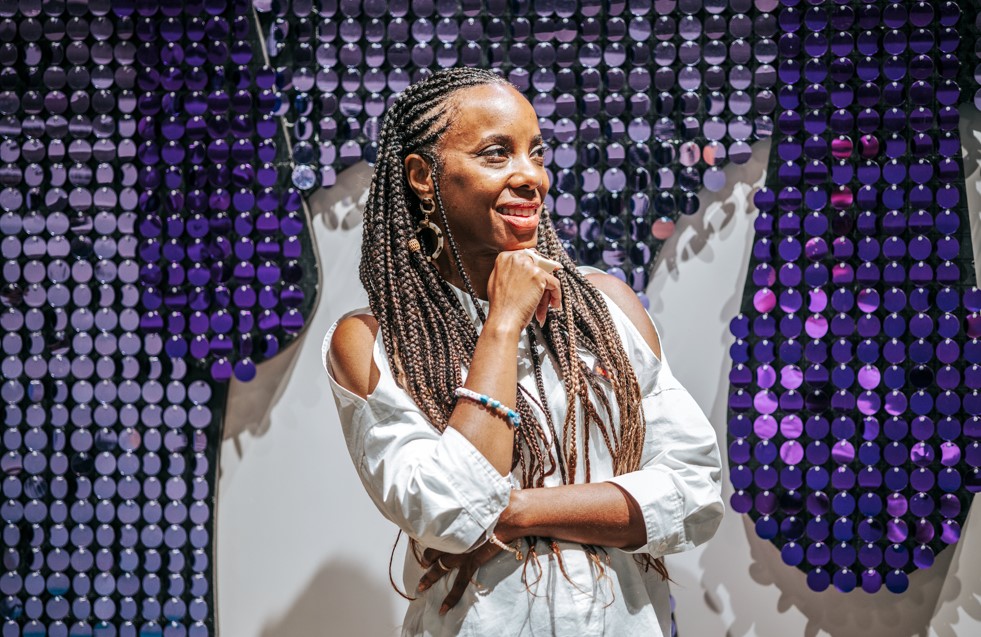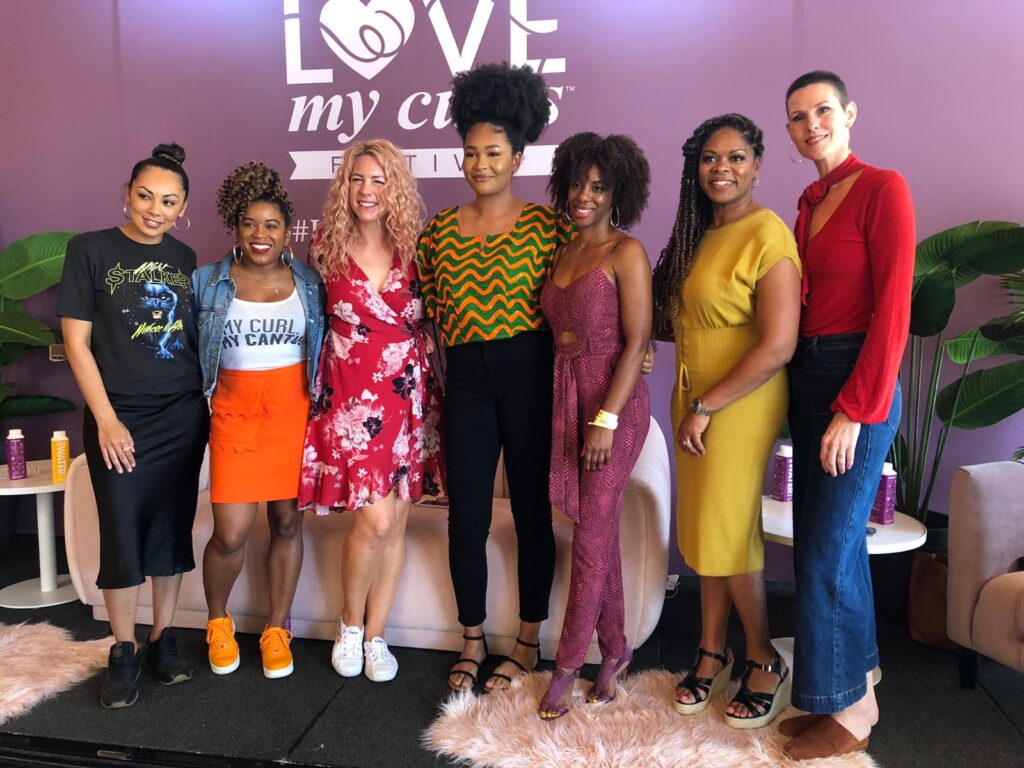“Your hair takes too much time, and we’re going to have to start charging you more.” Hearing these words made my heart sink. Out of nowhere, I had been belittled and publicly humiliated in front of the other patrons when the salon I had given my business to for a whole year decided that my natural hair was an inconvenience. Suddenly, I became a burden just because of my hair type.
This was just one of a number of microaggressions I faced as a Black woman trying to get her hair styled while living in Australia. I remember one weekend back in 2006 when I first set out to find a hair salon. What started as a casual shopfront browse quickly turned into a whole day of walking up and down the streets of a Sydney neighborhood, looking for somewhere that could do my hair the way I did back in New York — which was either a blowout or two strand twist.
I remember walking into salons that predominantly styled white hair and seeing people who almost looked scared. When the African salons I found specialized in braiding, I realized that something important was missing for Black women living in Australia who wanted to embrace their natural hair in all its beautiful forms.
Embracing my natural hair
I eventually moved on from the salon that deemed me and my mane too time-consuming. I ended up working with some amazing people who became an important part of my hair journey in Australia, but the impact of how that first salon owner made me feel still lingers.
By the time I moved back to the US in 2015, the natural hair movement was in full effect. There was an abundance of local events, and the community was stronger than ever — a totally different scene from what it was when I had left almost 10 years prior. It was a different world that got me excited about wearing my hair naturally curly again after years of pressing and straightening it. My natural hair journey had finally begun.

Love My Curls
When I finally embarked on my own path to embracing my natural hair, it just made me wish I had these resources and such a supportive community back when I lived in Australia. Then one day, I was talking to my friend Tomasina Boone — also a Black American expat living in Australia — who had opened Curls and Natural Hair salon in Sydney. She was also one of the first people to import Black hair products into Australia, and we were very much aligned in our goals to create a natural hair community in our second home.
It was a different world that got me excited about wearing my hair naturally curly again after years of pressing and straightening it.
One of the things that she pointed out, however, was that the women who were coming into her salon were women of all ethnicities. It didn’t matter what race they were, or what texture curl they had, they just all had curly hair and were all using the same hair products, most of which were originally designed for Black women. That’s how Love My Curls — the first beauty event celebrating women in Australia & New Zealand with curly and textured hair — was born. We created a space to celebrate our diverse, curly hair journey, no matter what age, color, or how tight or loose your curls are.

Lessons learned
One thing I took away from my hair journey in Australia is that this all starts at the education level. Stylists should be trained in all types of hair at the certification level. Australia, though a predominantly white country, is very multicultural. I think that, in order for people to feel welcome, stylists should have the opportunity to become true experts and understand how to work with all types of hair types.
From a community perspective, Love My Curls opened my eyes to the extent that straight hair is still viewed as the modern standard of beauty, and how it’s been pushed on women around the world. The same insecurities, feelings, and comments that have been experienced by me as a Black woman with curly hair are the same things that Latina or Middle Eastern women with curly hair are hearing — their curls are unruly or messy. Something that should divide us was actually something that brought us all together.
Love My Curls became a space where we could all share our stories and find strength and encouragement in knowing that there were other people out there that feel like us. It ended up being a meaningful community event and a profoundly empowering experience. And it all started when I realized that I could embrace the beauty in myself — both inside and out — as a natural Black woman.

